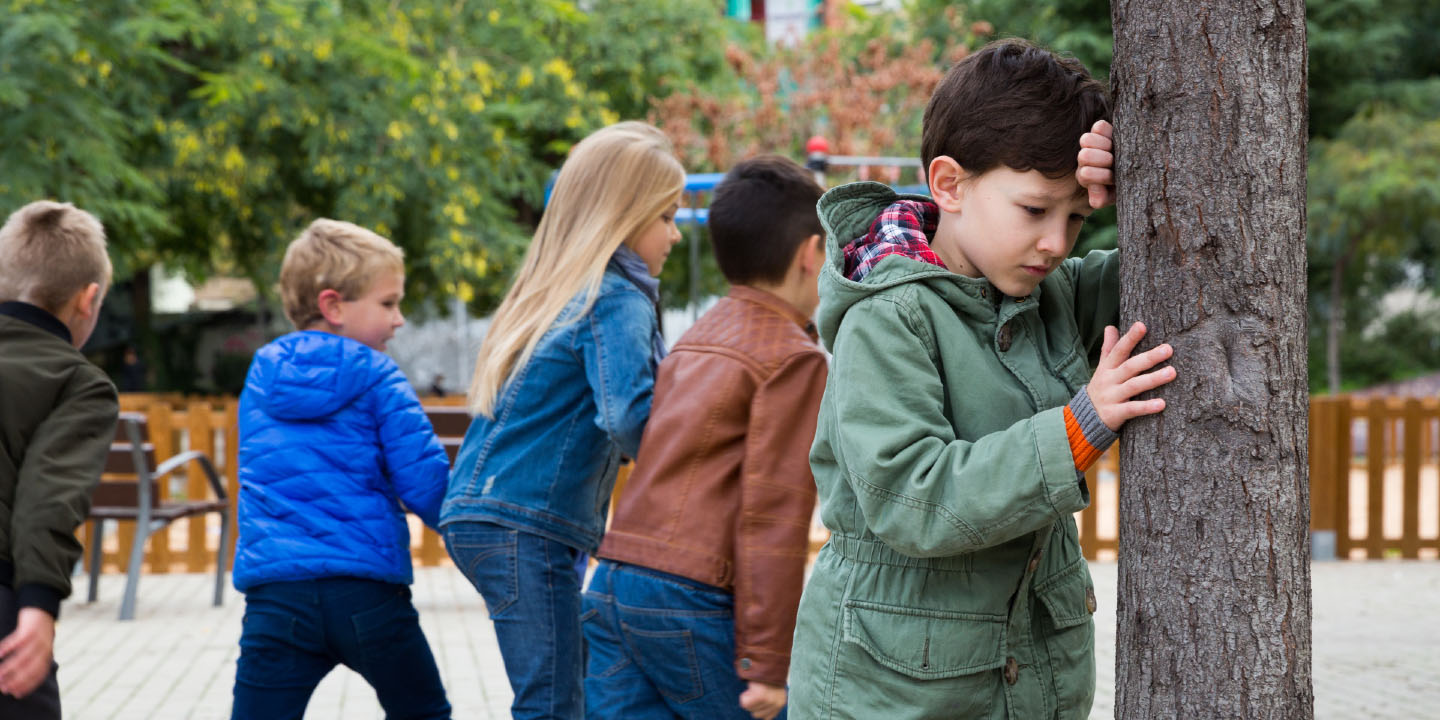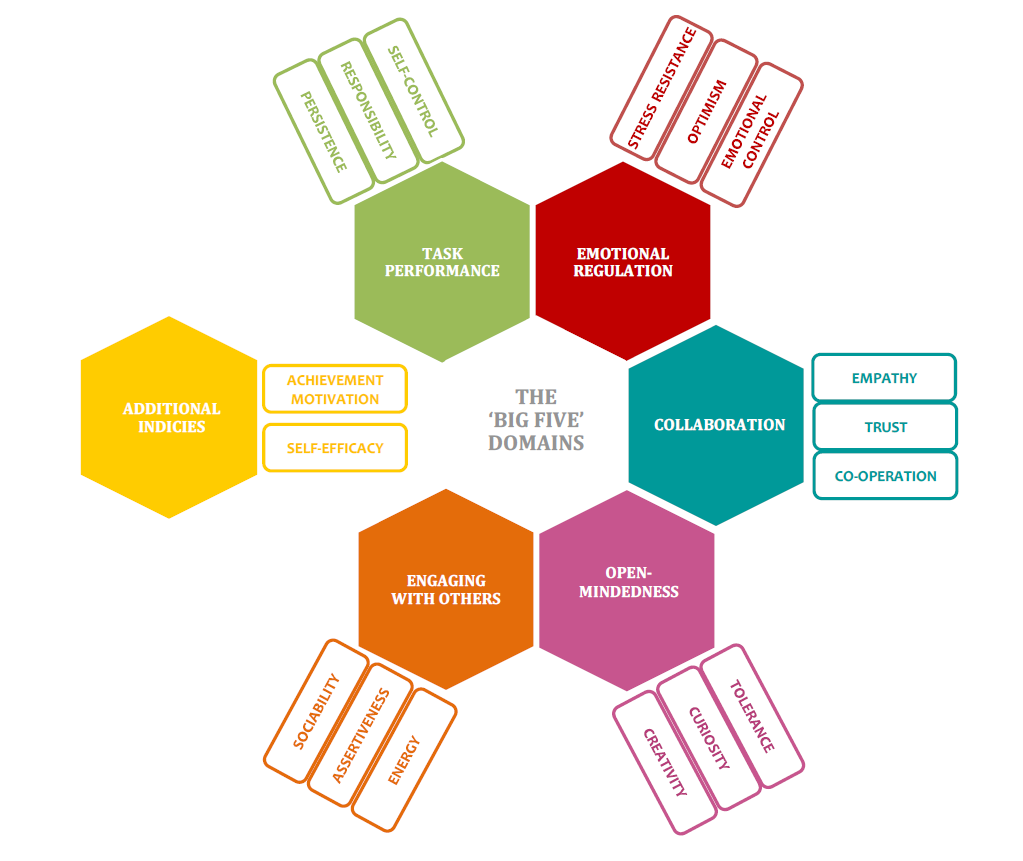
Equity issues in social and emotional development
Research 22 Nov 2021 4 minute readAn ACER-led international survey reveals significant differences in the social and emotional skills of advantaged and disadvantaged students.
The OECD Survey on Social and Emotional Skills (SSES) involved 3000 10-year-olds and 3000 15-year-olds living in 10 cities around the world. Data were collected in late 2019 and results were released in September 2021.
Discussing the results in Teacher today, ACER Deputy CEO (Research) Dr Sue Thomson said in all cities participating in the survey, socioeconomically advantaged students reported higher levels of social and emotional skills than their disadvantaged peers.
The SSES measures 15 skills that represent the ‘Big Five’ personality factor domains, plus two additional compound skills which combine aspects of two or more distinct skills.
Figure 1: The OECD Survey of Social and Emotional Skills assessment framework
On all measures except tolerance and assertiveness, 15-year-olds reported lower social and emotional skills than 10-year-olds. This was true regardless of socioeconomic background.
There was, however, a socioeconomic difference in the size of this age-based decline. Advantaged students recorded a larger skills decline than disadvantaged students. This meant the differences in social and emotional skills between advantaged and disadvantaged students were smaller for 15-year-olds than for 10-year-olds on all measures expect tolerance and assertiveness.
The SSES also measured students’ current psychological wellbeing, with advantaged students reporting higher levels than disadvantaged students. The differences were again smaller for 15-year-olds than for 10-year-olds.
Dr Thomson said the driving forces behind these socioeconomic differences in students’ social and emotional skills are, as with cognitive outcomes, largely related to the resources available and the home environment.
‘Some research has suggested that parenting style and family structure are potential channels through which parents’ socioeconomic status can affect their children’s social and emotional skills,’ Dr Thomson writes.
‘Schools are therefore important resources for promoting young people’s social and emotional skills and, in turn, psychological wellbeing. This is particularly the case for disadvantaged students, who, otherwise, may have little in the way of support structures available to them.
‘Understanding which social and emotional skills are related to higher (and lower) levels of psychological wellbeing provides schools and teachers with crucial tools for supporting students. The SSES shows that stress resistance, optimism, emotional control, trust and energy are most strongly associated with higher psychological wellbeing. Providing teachers with training on how to best support their students to improve these skills may therefore be invaluable.’ ■
Read the full article:
‘Disadvantage hindering social and emotional development’ written by Sue Thomson and published in Teacher magazine, is available at www.teachermagazine.com.au/columnists/sue-thomson
